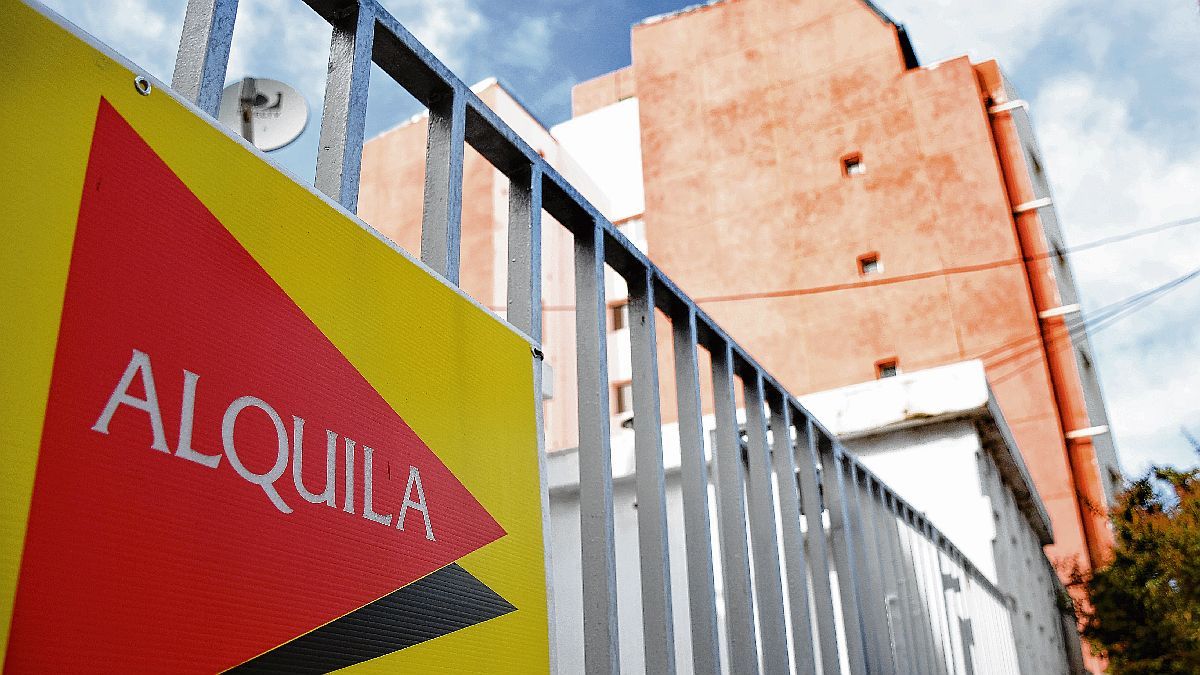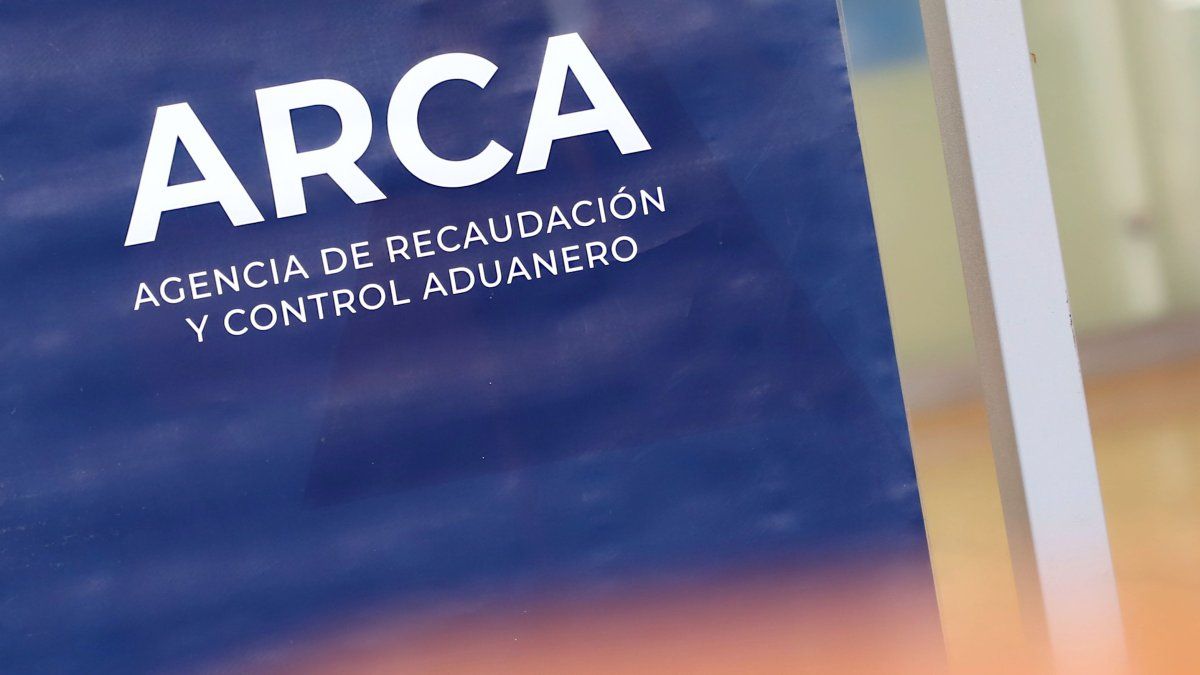Last Friday marked a turning point in the legislative process around the controversial rental law. the opposition coalition Together for Change (JxC) achieved significant progress by requesting the constitution of the commission of General Legislation of the Senateand his request was accepted by the ruling party.
This decision has significant implications, since it marks the beginning of the discussion towards the Upper House, a necessary step before arriving at the venue, once the opinion is signed.
The ruling party, by itself, lacks the number of votes necessary to convene the session and you need to reach an agreement with the opposition to move forward in the process. The General Legislation commission will meet next Tuesday, and the process is expected to follow two stages: the creation of this commission and later a joint meeting with the Budget Committee, where various projects will be discussed, including rentals which has already been voted on in the Chamber of Deputies.
Rental Law: the options being considered
The options that arise are two: approve the opinion without changes, as it came from Deputies, or introduce modifications. In case of opting for the second option and if the Senate approves it, the project must return to the Chamber of Deputies to be debated again in committees.
At this time, Together for Change has a majority in the General Legislation commission, which would allow it to move forward without modifying the opinion. In contrast, the Frente de Todos has the majority of votes in the Budget and Finance Committee, which would give it the ability to make amendments.
A crucial detail is that the opposition just need one more vote to approve the project that has already passed in Deputies with 125 votes in favor, 112 against and 3 abstentions. Estimates indicate that the initiative could be supported of 36 senators if the political configuration of the Lower House is taken into account. However, it is important to note that even if the bill were to advance in the Senate, it would still have to pass. by the executive branch and be published in Official bulletin before coming into force.
This legislative advance is crucial, since the real estate sector has expressed its concern about the paralysis of the markets in times of regulatory transition. The uncertainty has led many to avoid closing contracts until the legal landscape is clarified. The real estate associations are preparing to participate in the discussion process, hoping that an approval in the Senate will provide stability to the market.
rental law.jpg
NA
The discussion about the rental law occurs in a difficult context for this sector, with increases in contracts of more than 600% since mid-2020. The recent victory of Javier Milei in the STEP has contributed to further increases in properties available for rent.
On the other hand, it is noted that studios have experienced a year-on-year increase in 289%, while two-room apartments have risen 250%. In the city of Buenos Aires, the supply of apartments to rent in pesos under the conditions of the new law is limited, with fewer than 900 one- and two-bedroom units and approximately 150 three- and four-bedroom units.
For those with ongoing contracts, sAnnual increases are expected to be significant, reaching almost 113% in September, due to the annual update based on the ICL index, which combines wages and inflation. Although the inflation of the last few weeks will be reflected in the ICL in November, those who must adjust their contracts in September will face notable increases.
Within the scope of the changes proposed by the new rental laws, two points have been highlighted as generating controversy: the duration of the contracts and the adjustment methodology. The opinion proposes to re-establish a minimum term of two years for contracts, instead of the three years established by current law. In addition, the frequency adjustment for housing contractsallowing the rent to be updated according to the agreement of the parties, with a minimum of four months. This flexibility contrasts with the current law that only allows an annual adjustment, a relevant aspect given the inflationary context.
Source: Ambito




